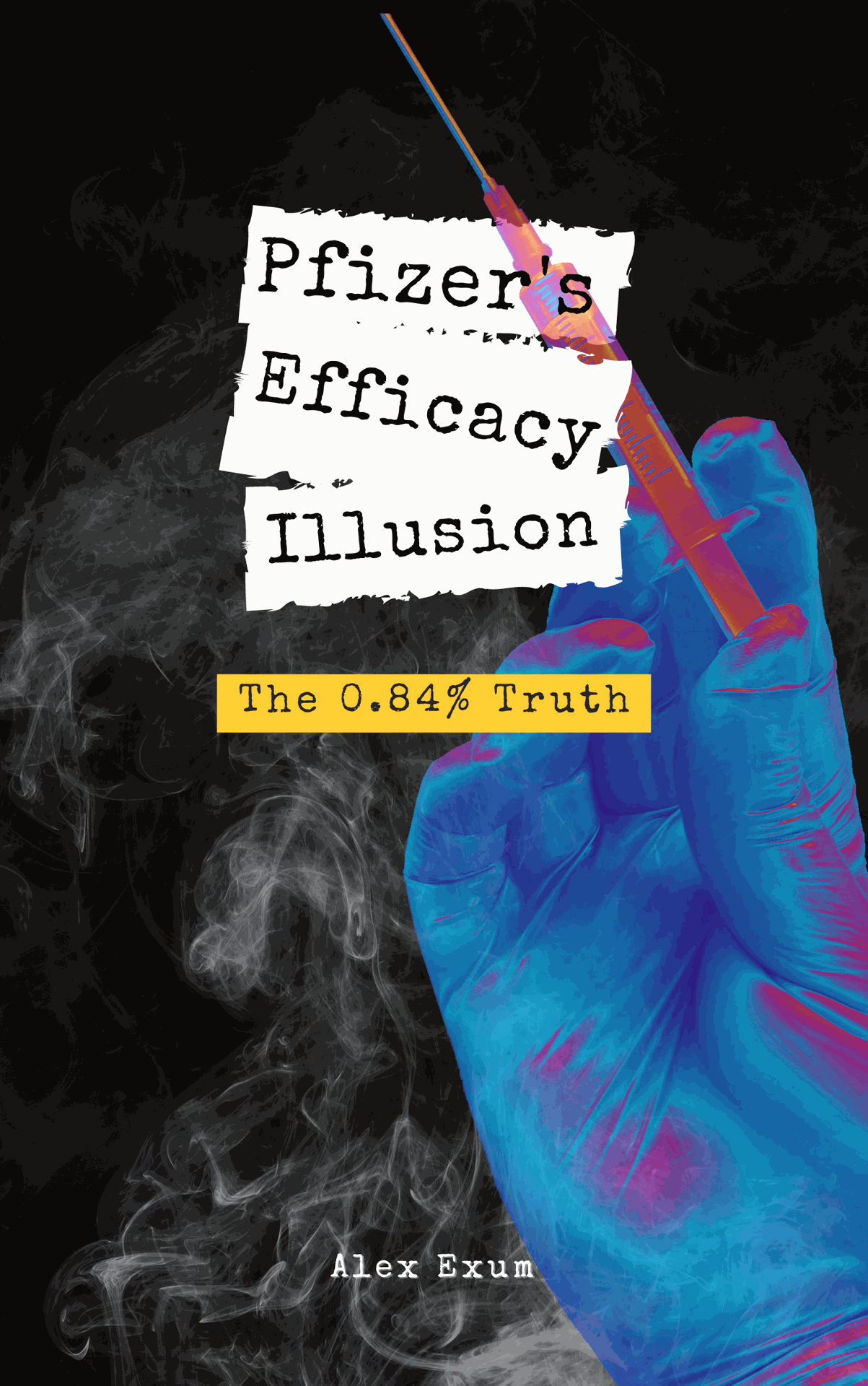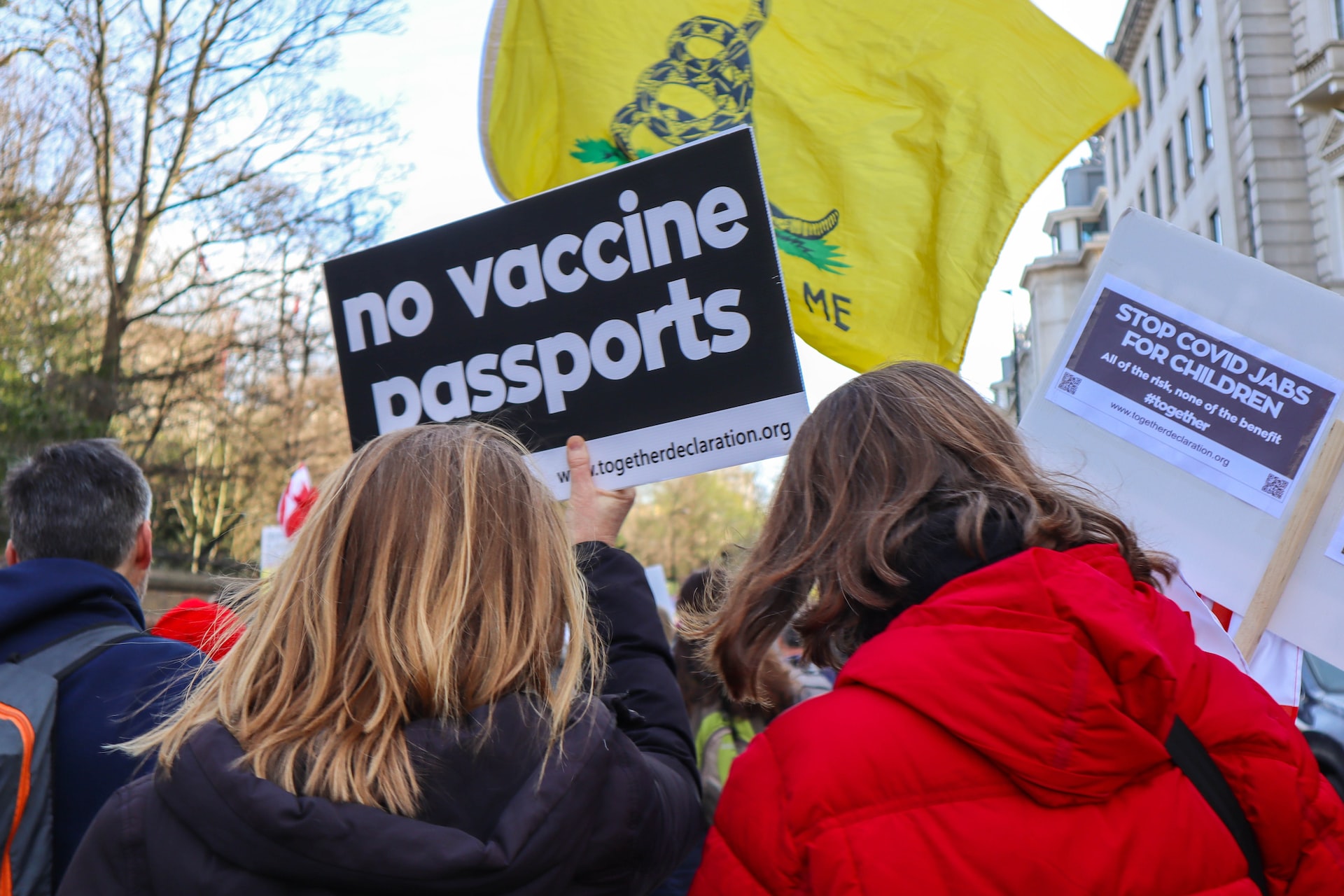June 17, 2023
Today marks an important milestone. It's the release day of my latest book, 'Pfizer's Efficacy Illusion: The 0.84% Truth' on Amazon. It's a deep-dive into the vaccine efficacy discourse, challenging narratives, unearthing data and truth, and asking tough questions about the efficacy rates communicated by Pfizer during the COVID-19 pandemic. Even before its public release, the book has stirred vigorous debates in numerous forums and initiated an unsettling discourse among readers and experts alike.
As an author, you anticipate reactions – accolades, criticisms, challenges, or even outright rejections. Yet, there's something peculiar about this impending backlash that stirs a unique sense of anticipation within me.
Firstly, let's touch on the sensitivity of the subject matter. Vaccines – especially the Pfizer-BioNTech vaccine – have been a beacon of hope in our battle against the relentless COVID-19 pandemic. My work, by its very essence, has the potential to be misinterpreted as an attack on this hope. This is not the case. The aim of the book is to explore the communication of the vaccine efficacy data, its interpretation, and not undermine the scientific achievement or the undeniable success vaccines have had in controlling the pandemic. The dialogue it triggers may be uncomfortable, but it is necessary for transparency and to foster a more robust public health discourse.

Secondly, the book calls into question the efficacy statistics propagated by one of the largest pharmaceutical giants - Pfizer. It scrutinizes the methods of computation, the claims, and the messaging. This isn't a charge against Pfizer but an objective examination of figures that have had a profound influence on public policy and personal decisions. Pfizer, as a corporate entity, will undoubtedly have its response, and I am prepared for it.
Then, there's the public. Amid the polarized vaccine debates, a narrative challenging the communicated efficacy of a highly successful vaccine could trigger intense reactions. People might see this as adding fuel to the fire of vaccine hesitancy and skepticism, even though the book aims to do the exact opposite – it aims to advocate for transparency and data literacy.

Academically, the book will encounter stern tests. Scholars and experts in public health, statistics, and related fields will dissect the arguments, data, and conclusions presented. This, too, is a welcome challenge. The entire purpose of academic discourse is to challenge, validate, or repudiate claims through the rigorous application of scholarly scrutiny. This is a process I welcome and eagerly anticipate.
The media, a potent influence on public opinion, will have its take on the narrative I have put forth. It could be portrayed as controversial, groundbreaking, or something in-between. The portrayal, whatever it might be, will influence how the general public perceives my work. And this, too, is an integral part of the process.
In conclusion, 'Pfizer's Efficacy Illusion: The 0.84% Truth' is not an indictment of vaccines or Pfizer. It is a call for understanding and transparency when it comes to data communication and interpretation, especially when that data impacts public health on a global scale. The anticipated backlash, in all its forms, will only enrich the discourse. It's a storm I am ready to weather and an unveiling I am prepared to face.

Unveiling the Storm: Anticipating the Backlash from 'Pfizer's Efficacy Illusion: The 0.84% Truth'